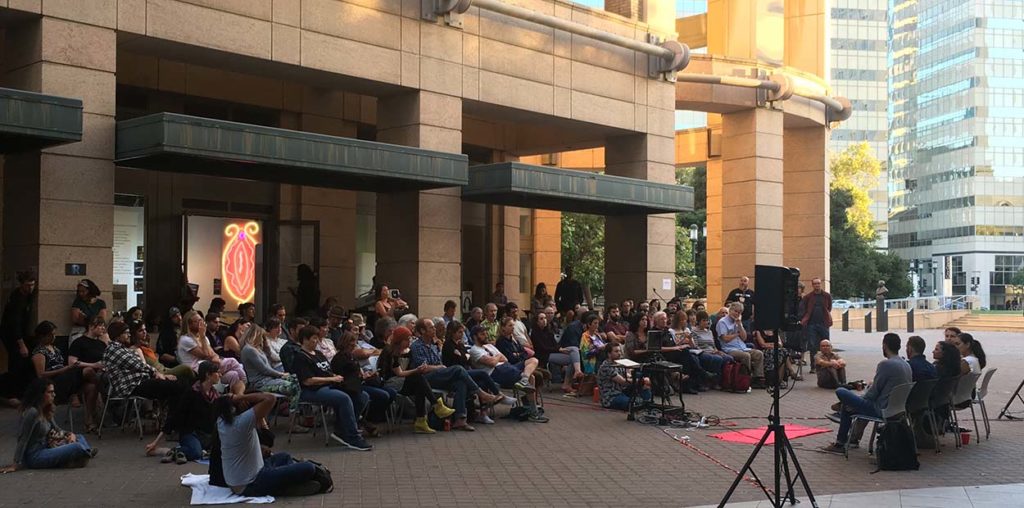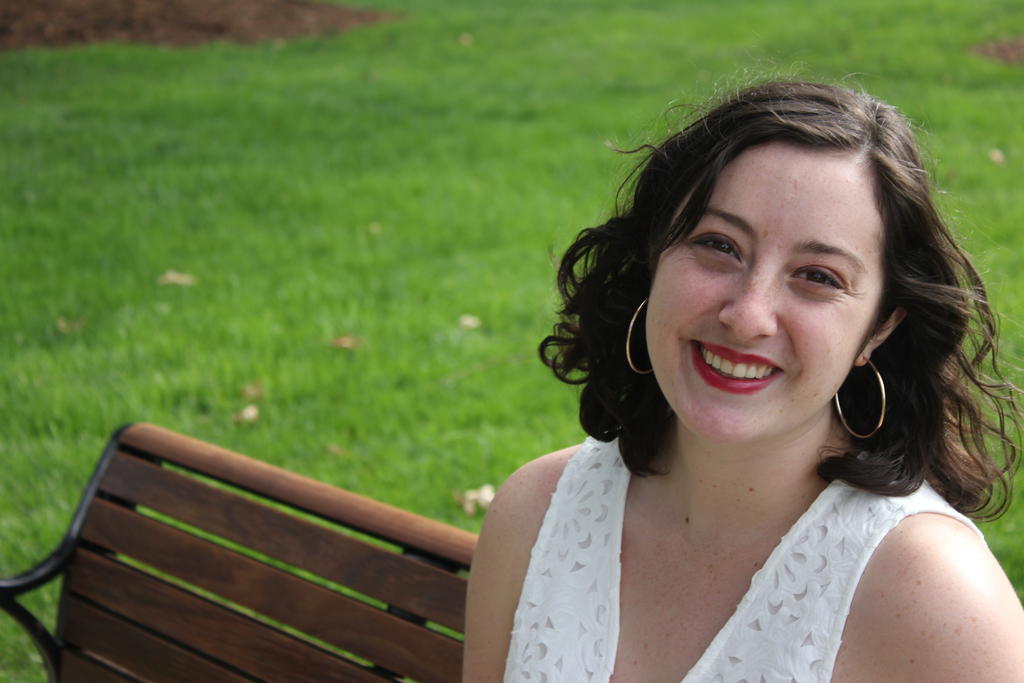On July 24, Shareable held a film screening of our new documentary, “The Response: How Puerto Ricans are Restoring Power to the People” at the ProArts Gallery and Commons in Oakland, California to a standing room only crowd of over 110 people. The film details the way that the people of Puerto Rico came together after the devastation of Hurricane Maria to build sustainable recovery efforts through resource sharing and a community of care. The activists in the film were able to create incredible change without the help of island’s ineffective government, which they repeatedly mentioned had abandoned them or even disrupted recovery efforts.
Hurricane Maria slammed into Puerto Rico in September of 2017. Almost two years later, the mutual aid centers established by the subjects of “The Response” are still running daily activities and engaging the community far beyond the basic needs of post-disaster survival, as they plan to long into the future. The film points to the ways that disaster can open a conversation in a community about social cohesion and foster change that lasts long after the emergency has passed.
As the film played, the governor of Puerto Rico, Ricardo Rossello, announced his resignation. Rossello has been investigated multiple times for corruption and caused a major scandal when his private chats were leaked recently.
There have been widespread protests across Puerto Rico calling for the governor’s ouster. The community leaders featured in the film are at the forefront of fighting for a more equitable Puerto Rico through their political involvement, community-building activities, health and acupuncture clinics, educational programs and other resiliency measures. Some uprooted their lives to go where they were most needed after the storm, and all are committed to long-term change, not short-term recovery.
Along with the screening, Shareable also hosted a panel of activists and experts who are all working to create social cohesion and resilience in their communities. They included Susan Silber of the NorCal Resilience Network, Lil Milagro who founded the Youth Mycellium Network, Matthew Trumm of the Camp Fire Restoration Project, and David Munoz Ventura, who works with the city of San Francisco to build neighborhood resilience at the Community Youth Center. Led by moderator Erin Axelrod, of LIFT Economy, the panelists spoke not only of the need to create resilience to prepare for more natural disasters as a result of climate change, but the importance of equity in that work, and social cohesion as a tool for change. They also all work with youth, and all mentioned that they are consistently impressed and even awed by the capacity of young people to take collective action and imagine a better future for themselves, even under climate change. Milagro said, “Youth aren’t bound, like us as adults are. They are imagining way beyond the box.” The Puerto Rican community leaders depicted in “The Response” offer an example that young people can emulate as they build resilience in their communities.
If you are interested in hosting a film screening to start a conversation about resilience in your neighborhood or city, let us know here. The film will be release online soon, in the meantime the story of the brave leaders in Puerto Rico can also be found on the Response podcast.
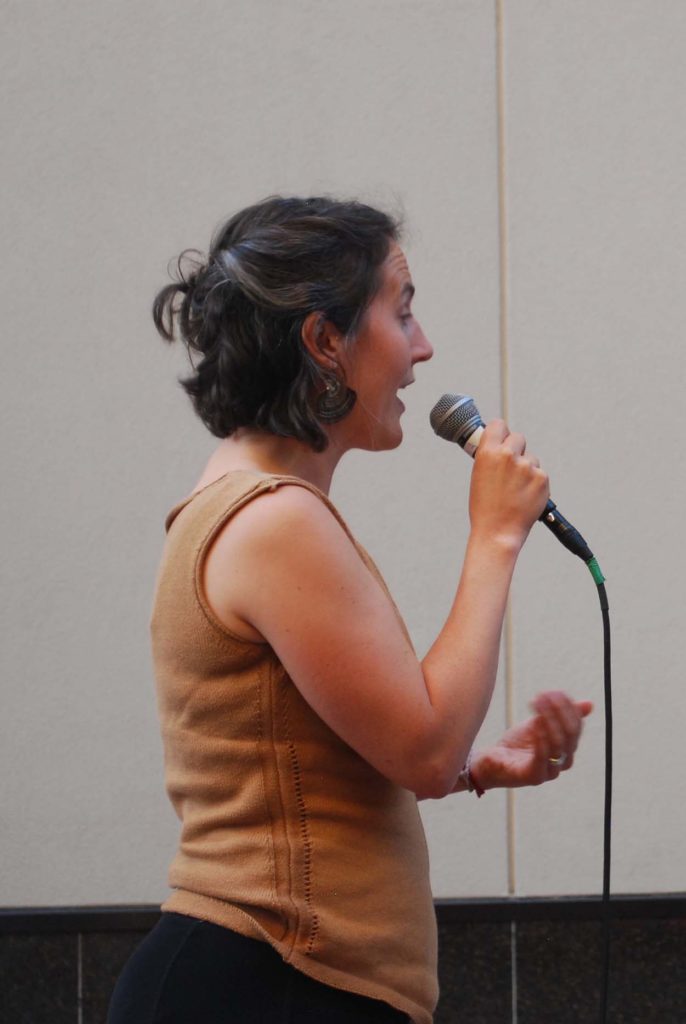

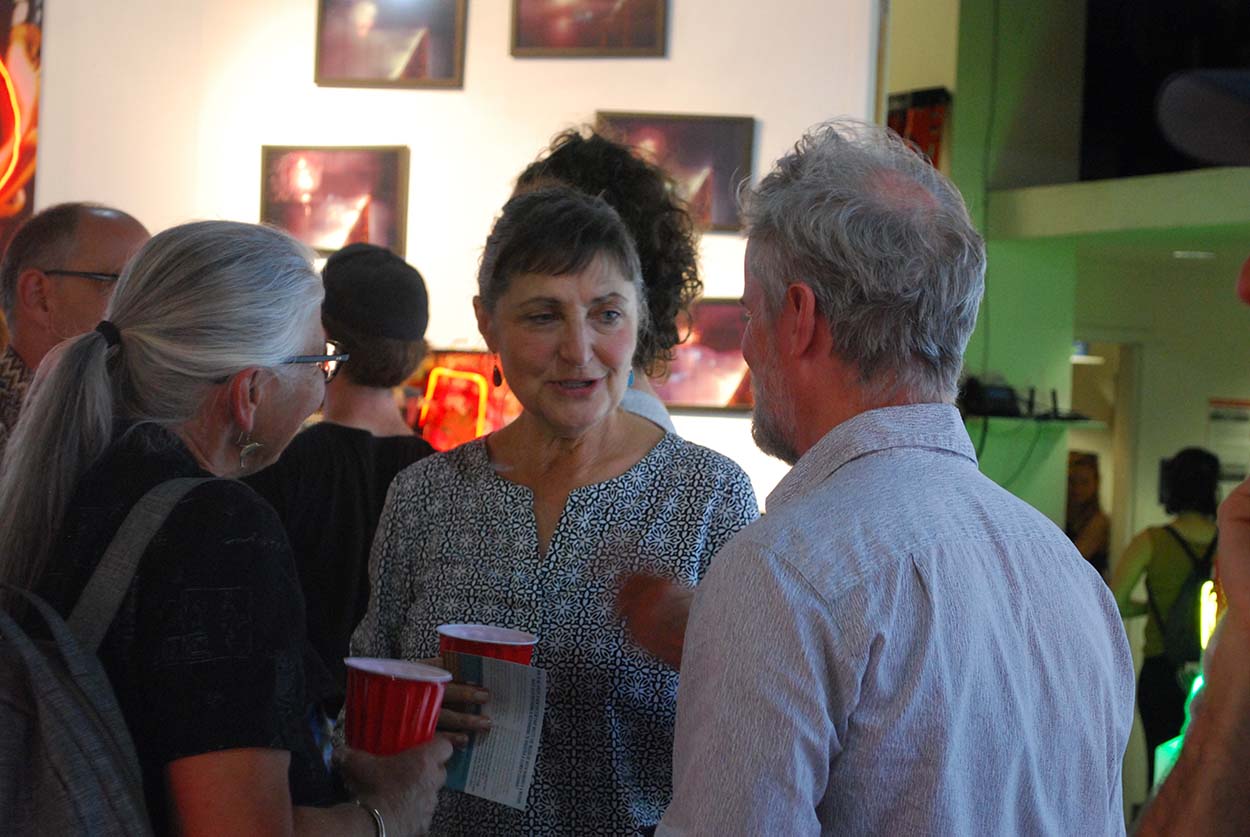
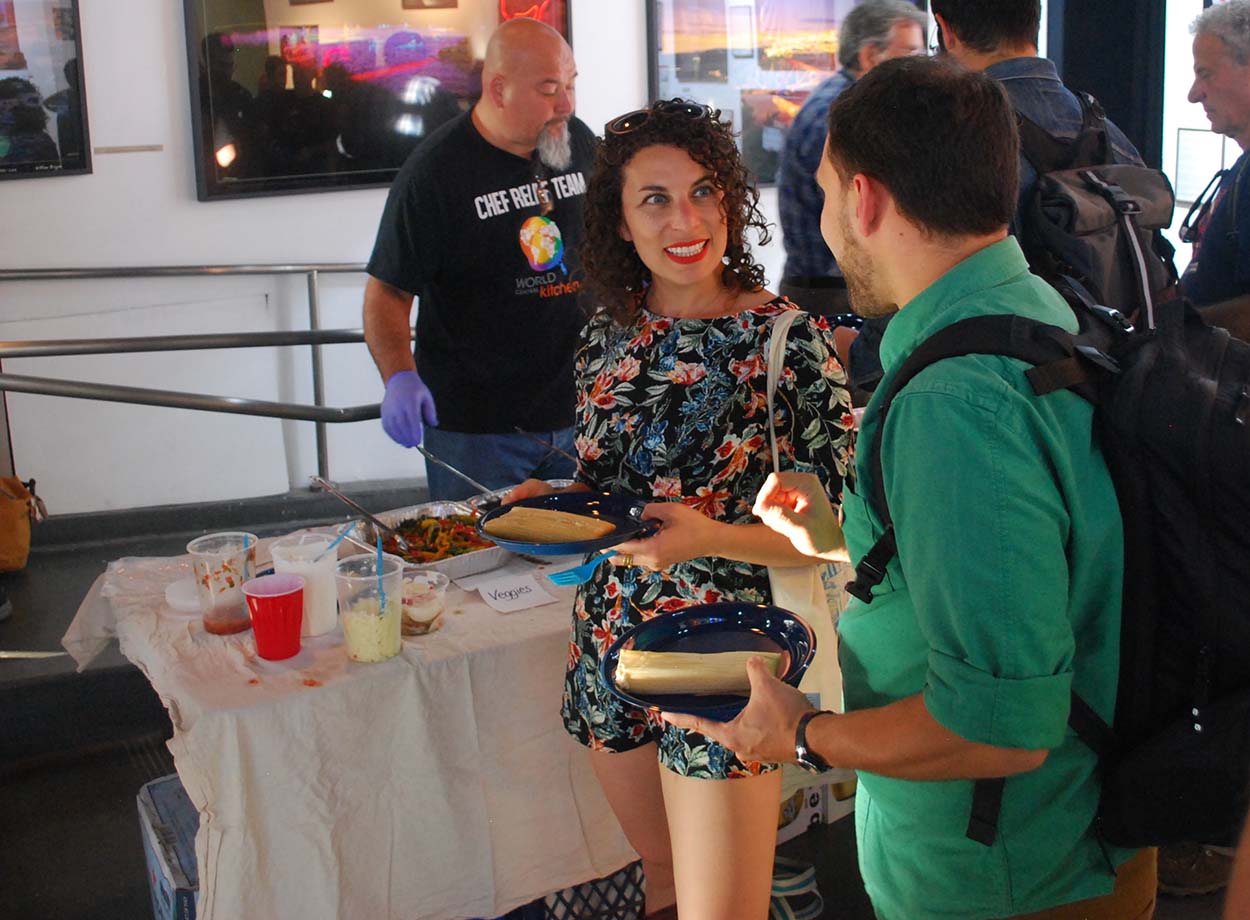
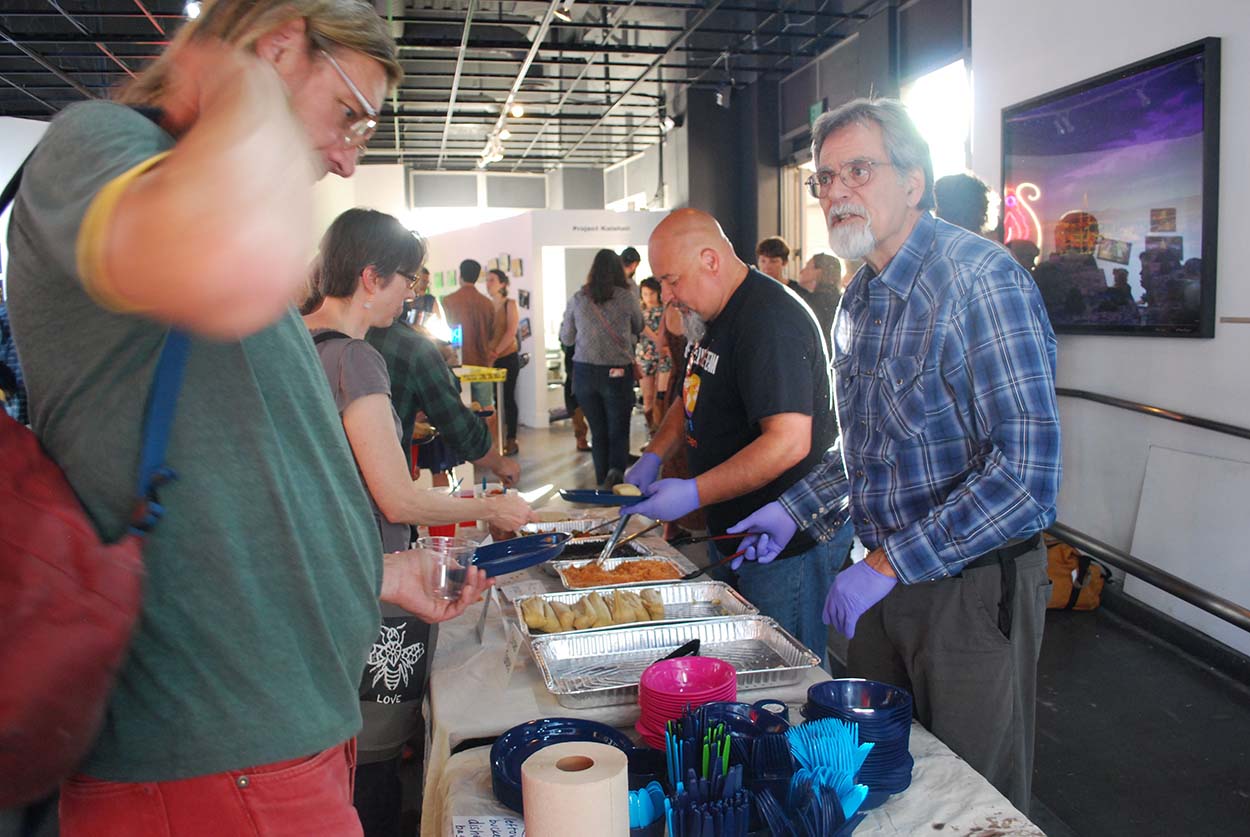
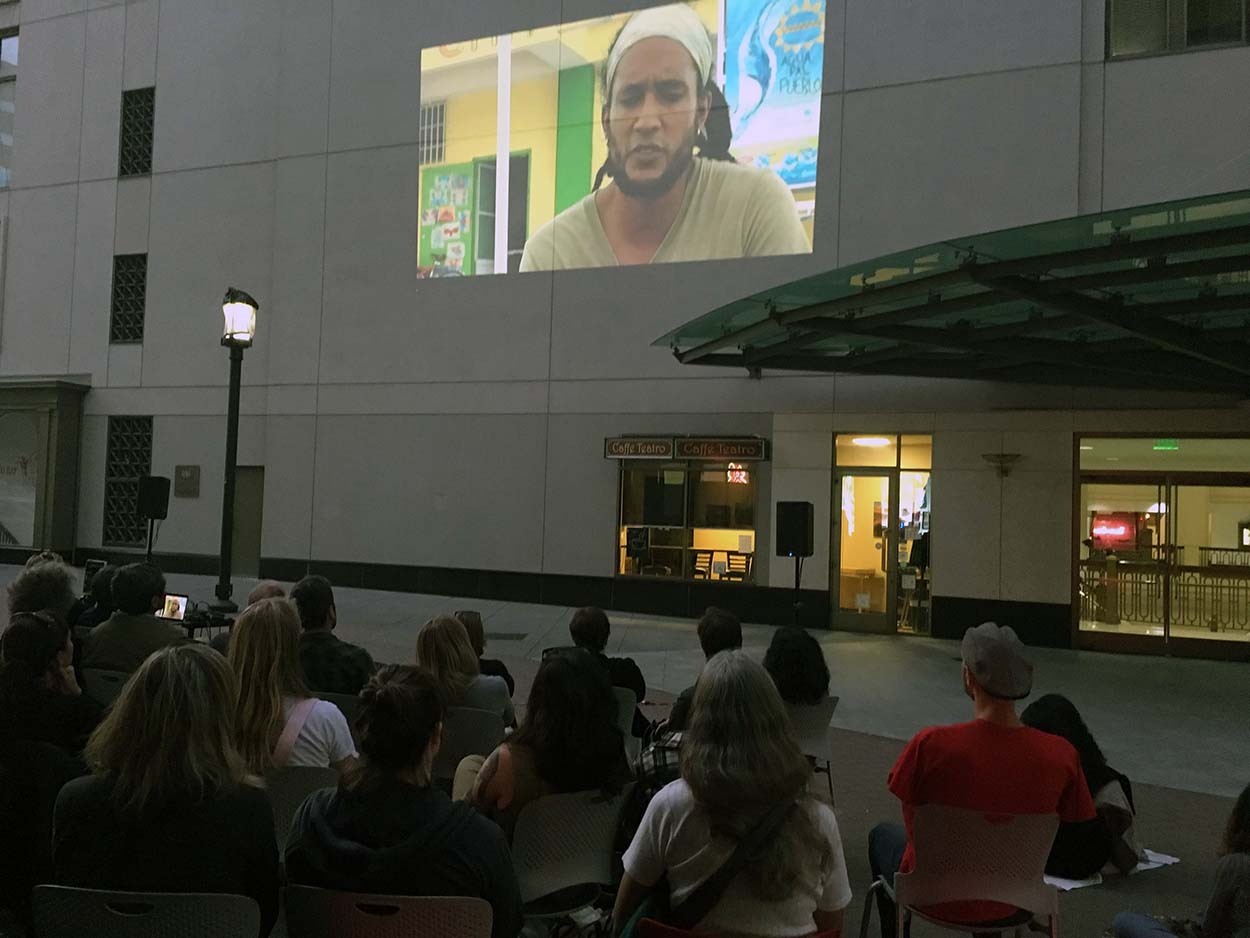
##
This article is part of our series on disaster collectivism. Download our free series ebook here.
